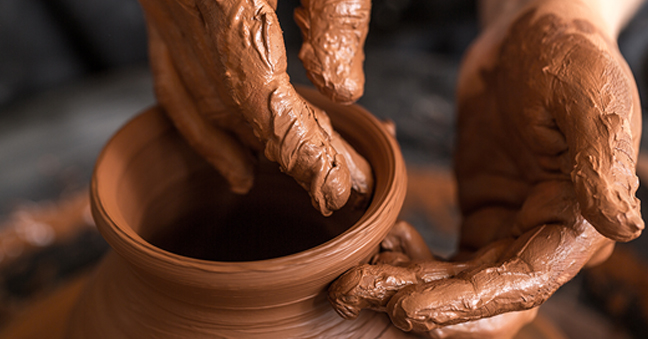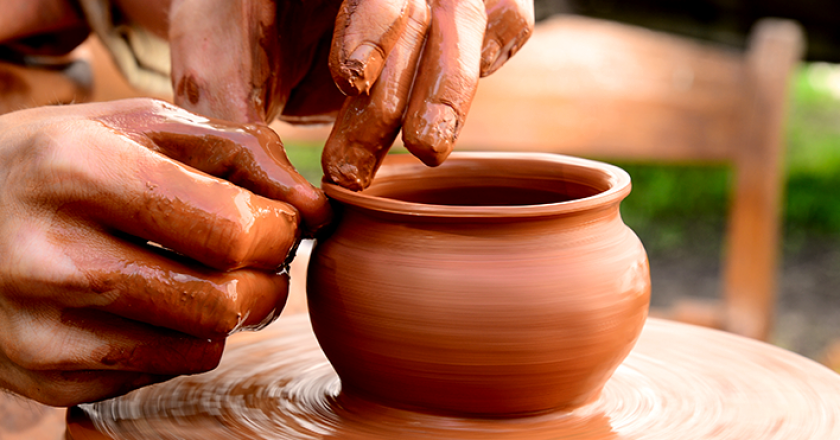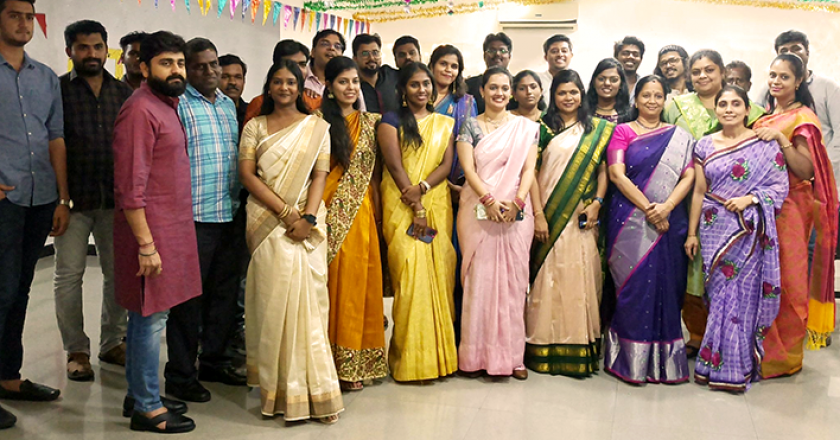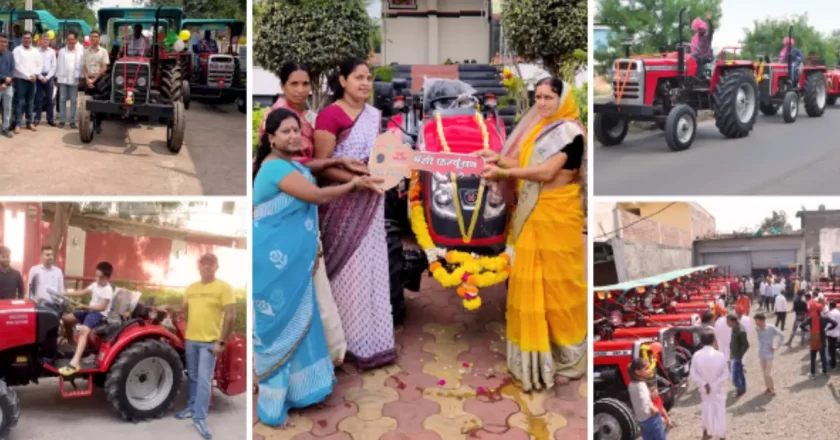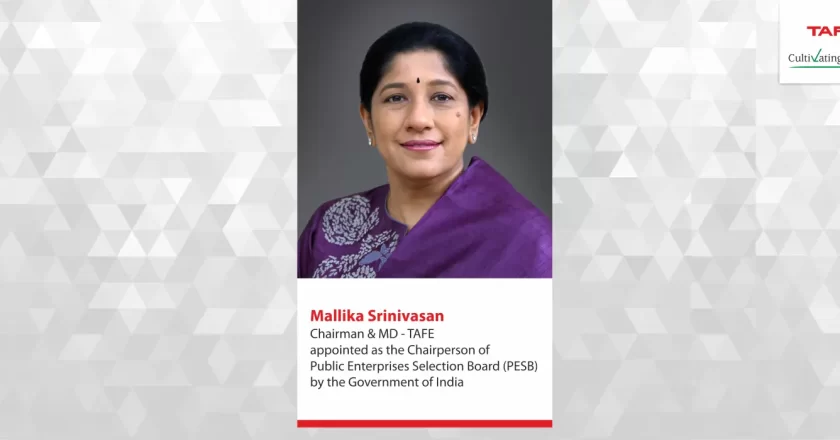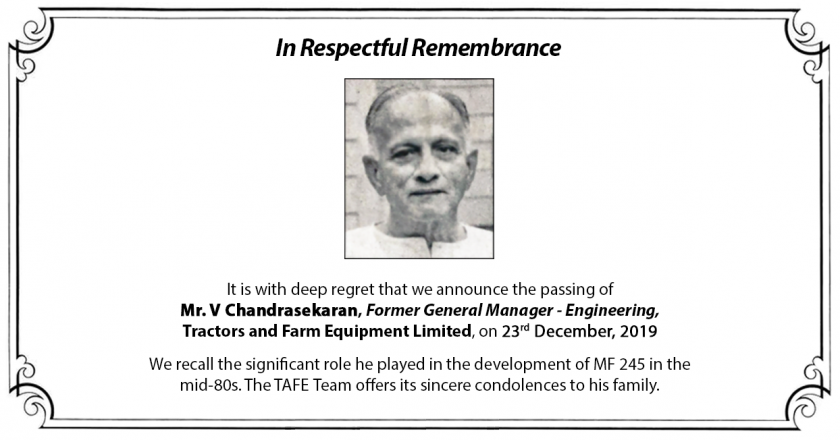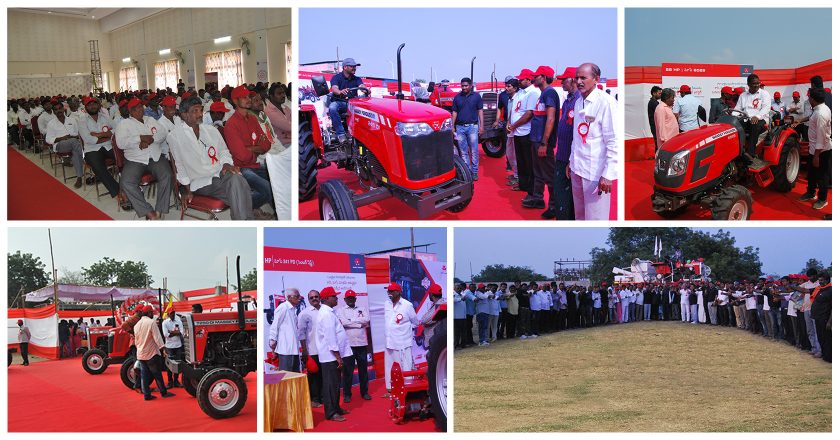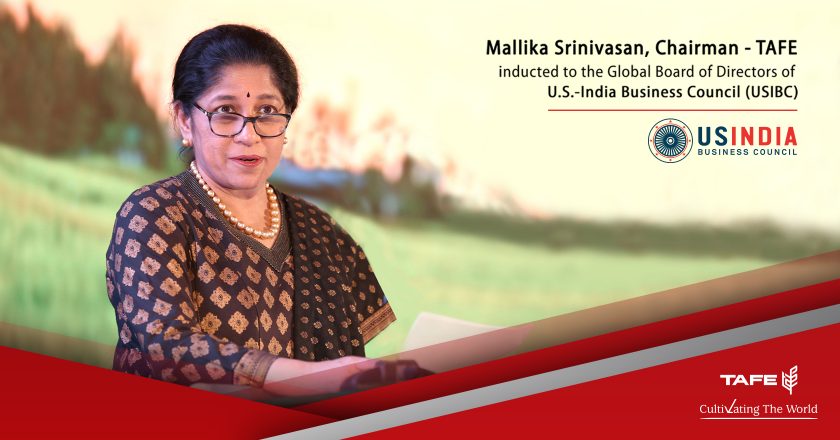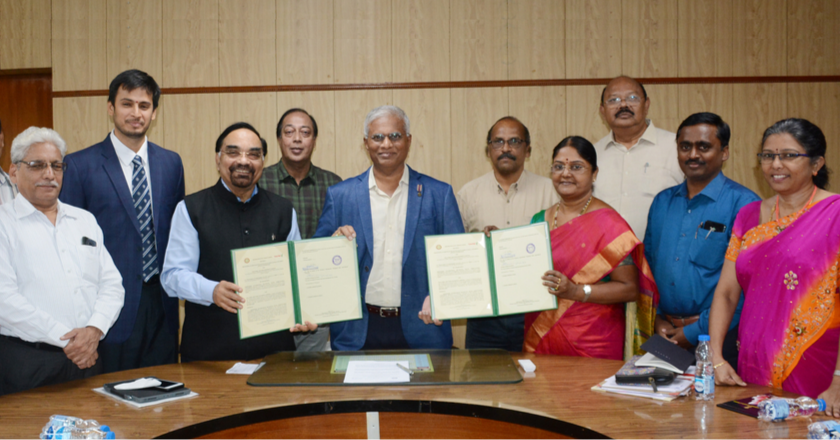The first act of “purchasing” between humans dates back hundreds of years to what historians refer to as the barter system. One person exchanges a good to obtain something of significant value from a second person; this was how transactions happened in the early days. There was no concept of currency and the barter system reigned supreme. The history of bartering dates back to 6000 BC. Introduced by Mesopotamian tribes, bartering was adopted by the Phoenicians. The Phoenicians bartered goods to those located in various other cities across oceans.
Years passed and humanity grew more complex with each passing day. And with the emergence of complexity and majorly diversified needs, the concept of currency was born. And the rest, as they say, is history.
From coins made of gold and silver, all the way to crisp green banknotes, humanity has come a long way since the curtains closed on the barter system. So much so that there is a new type of currency now, a kind which you cannot even hold!
Unless you were living under a moss-covered boulder, cryptocurrency is a term that would have made its way to you, even if you didn’t go looking for it. What is it exactly? It may sound complicated but isn’t when broken down. Cryptocurrencies are digital assets— that can be used as investments and for online purchases. It is secured by cryptography and with the help of the blockchain infrastructure, it’s nearly impossible to counterfeit or double-spend. Furthermore, each coin of cryptocurrency consists of a unique line of program or code. This means that it can’t be copied, which makes them easy to track and identify as they’re traded.
As mentioned before, cryptocurrency doesn’t exist and is not something you can keep in your wallet and hope to spend. Well, not in your physical wallet at least. Yes, there are e-wallets now too. And soon, we will all be in the Metaverse, but that’s a topic for another day! Coming back to the intangible currency, certain aspects of the currency are extremely important to know and comprehend. Firstly, they are not backed by a central authority such as a government. Instead, they run across a chain of computers. It is exchanged from peer-to-peer on the web without a middleman. Furthermore, cryptocurrency is a decentralized form of currency, meaning no government or bank manages how they’re made, what their value is, or how they will be exchanged. All crypto transactions are secured by cryptography which only allows the sender and intended recipient of a message to view its contents and take further actions. These cryptocurrencies can be stored in a digital wallet, which would enable its user to access them anywhere and at any time. The wallet can be accessed by a private key found with the user, which is essentially the crypto equivalent of a super-secure password— without which the crypto owner cannot access the currency. Also, cryptos are stored on the blockchain, and the private key is required to authorize transfers of those coins to another person’s wallet.
There is a myriad of cryptocurrencies on the planet such as the more popular Bitcoin, Litecoin, Polkadot, Chainlink, Mooncoin, Shiba Inu, Dogecoin, etc. Currently, more than 6,000 coins exist, as per CoinMarket.
When it comes to purchasing crypto coins, it is similar to the stock market with the existence of exchanges and brokers who act as facilitators. These exchanges often charge a fee or commission for each transaction. There is a multitude of exchanges out there, with each different from the other, and offer their discounts, awards, and even signing on bonuses to attract more and more crypto coin buyers. Some of the top crypto exchanges in India are — WazirX, CoinDCX, Coinswitch Kuber, and Unocoin—users have to sign up with their KYC credentials, download the app, and buy cryptocurrency. These exchanges also help you to monitor the value of cryptocurrency and buy or sell it.
With all the basic information out of the way, let us focus on the main factors to be considered before actually investing in cryptocurrencies:
- Do THOROUGH research before buying cryptos
Just as is with any kind of investment, buying cryptos comes with its caveat. And with the upsides, some pitfalls accompany them. One must be fully aware of what they are getting into, before investing. Don’t go off what the social media “experts” say. This is true for pretty much everything on the internet but is especially important when it comes to cryptocurrency since it lives solely in the digital space and millions share their opinions on the same daily. Consider all this as just noise and focus on what exactly you want to do with cryptocurrencies.
- Cryptos are risky
The thought of getting rich quickly with cryptos is enticing, to say the least, but this market is extremely, EXTREMELY volatile and there is the ever-present danger of losing all your money overnight. Non-professional investors should only invest an amount they’re willing to lose.
- Cryptos may fail
Just as in any market out there, cryptos are also susceptible to unforeseen failure. Given the dynamic nature of it, the chance of failure is almost skewed towards failure. With thousands of entrants in the market, and new offerings emerging, not all will last. It is always wise to invest in the more popular form of cryptos such as Bitcoin since they are relatively more stable and profitable compared to overnight sensations. A good example of crypto crashing overnight is when Elon Musk Tweeted that he does not own any amount of the SHIB cryptocurrency. The same, which had overtaken DOGE coin previously, crashed seemingly minutes after his Tweet went live and witnessed a 20% retracement in just two hours after Tesla chief Elon Musk’s announcement. A simple Tweet is all it took for the crash to happen.
- Cryptos may vanish altogether
Now the entire ecosystem of cryptocurrency is largely supported by the blockchain. Now, this is not a physical institution like a bank, holding the resources but is rather an open-sourced software that helps thousands of users forgo the middleman. The blockchain also keeps track of every single crypto transaction that occurs daily. Since cryptocurrencies are virtual and lack a central storehouse, an account balance can be wiped out. For example, a computer crash without a backup could destroy a stash of cryptocurrency. If a user loses the private key to their wallet, the cryptocurrency they own is unrecoverable. Scammers can also hijack someone’s mobile account by impersonating an account holder. Thieves contact the carrier and request that the user’s SIM card be transferred to a new device. This gives scammers access to cryptocurrency accounts. It’s incumbent upon investors to keep track of their private key and use a wallet from a well-established firm. Professionals also suggest backing up your cryptocurrency private keys and using strong passwords.
- Cryptocurrencies are slowly but surely gaining traction
Unlike the Indian Rupee in your wallet, cryptocurrencies aren’t backed by a central bank or a government. And this was the case, for the longest time and not just in India. Cryptocurrencies have no tangible fundamental factors with which to help derive an appropriate valuation. Whereas you can look at the earnings history of a publicly trading stock to estimate its worth, or the economic performance of a country about GDP growth to value a currency like a dollar, digital currencies have no direct fundamental ties. This makes valuing cryptocurrencies in a traditional sense especially difficult, proving near impossible at times.
That being said, Governments around the world are slowly beginning to grasp just how important cryptocurrencies could be for the future and are aware of an impending change in the way the world views and uses cryptocurrency. It is no longer a niche digital asset used by those who know it but is now widespread enough to warrant Governments passing bills and setting up laws in its wake. Case in point, India’s Budget 2022 witnessed the official acknowledgment of cryptocurrencies by the Indian Government. The Government has proposed that a transaction involving any of the cryptocurrencies will be taxed at 30%. The new law further states that no deduction except the cost of acquisition will be allowed and no loss in the transaction will be allowed to be carried forward. One important caveat here is the fact that this amendment will come into effect only from 1st April 2023 and will accordingly apply to the assessment year 2023-2024 and following subsequent years.
In conclusion, although cryptocurrencies are still largely unregulated (and their use as actual currency can be limited), there is a growing sense that a door has been opened to a vast number of new opportunities and technologies. We may be on the verge of a paradigm shift that would seemingly change how humanity transacts in the future.
